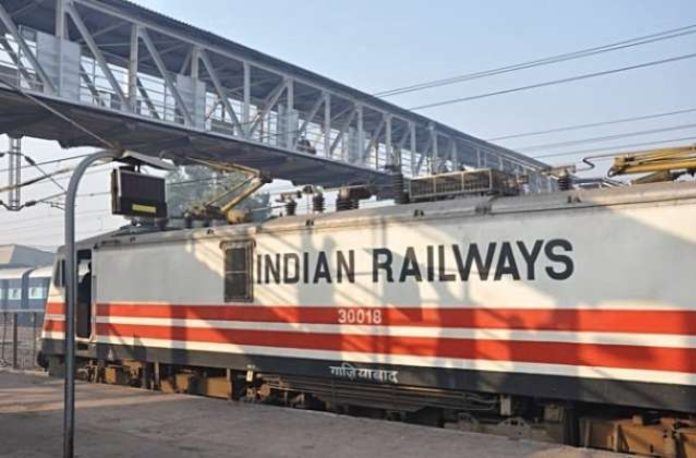Snapshot
The railways plans to invest Rs 50,000 crore in the next five years to develop 500 multi-modal cargo terminals where different modes of transportation will be integrated seamlessly with the rail transportation network.
Indian Railways is stepping up efforts to develop 500 multi-modal cargo terminals across the country to reduce logistics cost under the PM Gati Shakti Plan at an estimated cost of Rs 50,000 crore.
The rail terminals will facilitate last-mile connectivity and reduce travel time and logistics cost.
The railways plays a big role in the Gati Shakti Plan announced by Prime Minister Narendra Modi. The aim is to give new direction to infrastructure development and reduce logistics cost. In our country, the logistics cost is higher which is 14 per cent of the gross domestic product (GDP), said Railway Minister Ashwini Vaishnaw.
The Prime Minister had launched Rs 100 lakh crore PM Gati Shakti Plan for multi-modal connectivity in a bid to bring the various modes of India’s infrastructure development on a common path on Wednesday in the capital.
The railways plans to invest Rs 50,000 crore in the next five years to develop 500 multi-modal cargo terminals where different modes of transportation will be integrated seamlessly with the rail transportation network.
“As per the plan, different modes of transportation like waterways, airlines, and roadways will be integrated with the rail network. For example, steps will be taken to provide rail links to connect all airports,” the minister said.
To begin with, the railways would build 200 multimodal terminals in the next three years with a Rs 100 crore investment plan.
On the current coal crisis, the minister said that the Indian Railways has made arrangements for transporting coal round the clock to power plants by pressing more wagons into service to ensure smooth supply.
The coal shortage is being treated as an emergency, Vaishnaw said and added that while the multi-modal terminals will focus on transporting bulk cargo products like coal, steel, aluminium, etc, the Indian Railways will set up separate facilities to transport smaller parcels.
Hoping that the new multi-modal terminals will help reduce freight transport costs in India and will be integrated with the national high-speed rail network.


